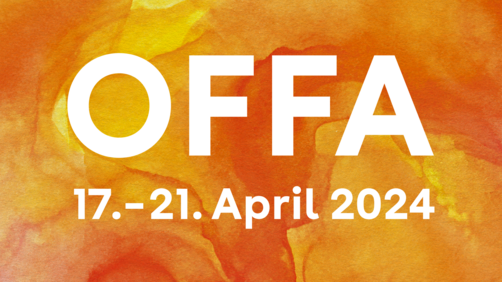Events - 03.10.2017 - 00:00
Thomas Bach at the HSG: Fairplay – not just in the sports domain
Thomas Bach, President of the International Olympic Committee (IOC), spoke at the University of St.Gallen about current and future challenges facing the Olympic movement. "We do not want any white elephants," Bach said.

3 October 2017. In recent years, the high costs of hosting the Summer or Winter Olympics have met with regular criticism, especially in European countries. In Switzerland, for example, several Winter Olympic projects have been rejected at the ballot box. It is therefore hardly surprising that recent Winter Olympics have all gone to destinations that are not traditionally winter sport resorts: Sochi (2014), Pyeongchang in South Korea (2018) and Beijing (2022).
The "Olympic Agenda 2020"
"I am firmly convinced that we will go back to a traditional winter sports country in 2026," said Thomas Bach. The new procedure used to select the venues for the Olympic Games will help achieve this in particular. Cities and regions will no longer develop their candidacies on their own, but in close cooperation with the IOC from the very beginning. Paris and Los Angeles, where the 2024 and 2028 Summer Games will take place, are the best examples of how well this new approach already works.
"A record number of existing and temporary sports facilities will be used in Paris 2024 and Los Angeles 2028," said Thomas Bach. This is exactly the idea behind the "Olympic Agenda 2020". The investment budget thus remains manageable for the organisers, while the operating budget generates profits in any event. "We do not want any white elephants," said the IOC president – in other words sports complexes that end up as useless and often expensive properties at the venues.
The IOC's Agenda 2020 includes extensive sustainability goals and fair play, explained Thomas Bach. For example, emissions from Olympic games are to be significantly reduced. And fairplay will not only apply for competitive sports, but also for good governance of the Olympic movement – from finances to ethics.
From Moscow to Pyeongchang
In 1976, Thomas Bach won team gold with the German foil fencing team in Montreal. Against the backdrop of the boycott of the 1980 Summer Olympics in Moscow (which he unsuccessfully opposed) he was already strongly involved in sports politics. In 1991, Bach was appointed to the IOC based in Lausanne, over which he has presided since 2013. During an interview with SRF sports presenter Matthias Hüppi, he also commented on his career in sports and sports politics, on the as-yet-unknown aftermath of the 2016 games in Rio (mainly questions about the awarding and now unused infrastructure) and the 2014 games in Sochi (especially doping-related issues) or how the IOC is dealing with the tensions on the Korean peninsula with a view to the winter games in Pyeongchang in February 2018 ("We are following the situation closely, but there is no immediate threat at the moment").
Bach visited the HSG at the invitation of Unisport St.Gallen, whose director Leonz Eder introduced the evening's interview in the main auditorium. The next public panel discussion with sporting content will take place on 19 October 2017 (6.45 pm, main auditorium). The guest will be footballer Tranquillo Barnetta and President Stefan Hernandez of FC St.Gallen.
More articles from the same category
Discover our special topics











